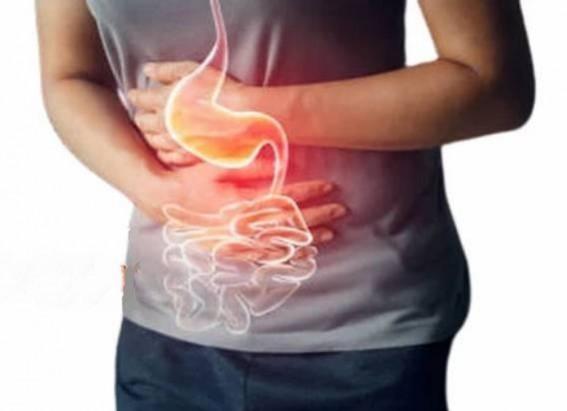
Stomach cancer, which affected Indian Space Research Organisation (ISRO) chief, S. Somanath last year, is the fifth-most common cancer among males and presents very vague and sometimes misleading symptoms, doctors said on Monday.
In a recent interview with Tarmak Media House, Somnath said he faced some health issues starting from the Chandrayaan-3 mission launch in August last year. He said that the condition was confirmed as stomach cancer when ISRO geared up for the launch of space-based solar observatory Aditya-L1 mission, a month later in September.
"There were some health issues during the Chandrayaan-3 mission launch. However, it was not clear to me at the time, I did not have a clear understanding about it," he was quoted as saying. "Now I see cancer and its treatment as a solution."
The ISRO chief said he "underwent surgery, followed by chemotherapy", and is now "completely cured, and have resumed duties".
Common symptoms of stomach cancer include persistent abdominal pain or discomfort, unexplained weight loss, loss of appetite, difficulty swallowing, nausea, vomiting, and blood in the stool.
But "these symptoms can be very vague and sometimes misleading. The feeling of acidity and abdominal pain is very common and taken lightly until the disease has progressed substantially. Sometimes the symptom may be anaemia (low haemoglobin). Weight loss and decreased appetite are also common symptoms that are usually ignored," Dr Vinay Samuel Gaikwad, Director, Surgical Oncology, CK Birla Hospital, Gurugram, told IANS.

Stomach cancer prognosis varies widely depending on the stage at diagnosis. Types of stomach cancer include adenocarcinoma, lymphoma, and gastrointestinal stromal tumours (GISTs).
Unfortunately, stomach cancer is often diagnosed in later stages, contributing to higher mortality rates.
While early-stage stomach cancer may not exhibit noticeable symptoms, the doctors emphasised the importance of regular screenings for high-risk individuals.
"The stomach is the organ that stores our food and helps in its further digestion in the intestine. Since it is a highly expandable structure to accommodate food, even if the cancer is very large, symptoms are usually experienced by the patient only when the disease is very advanced," Dr Gaikwad said.
Family history, Helicobacter pylori infection, or a history of smoking increases the risk of stomach cancer. Dietary practices, notably a preference for spicy and preserved foods, and alcohol intake also contribute to the risk, according to doctors.
"Stomach cancer predominantly affects individuals after the age of 50 years, with the average age at diagnosis being around 60. There's a slightly higher prevalence among men compared to women, with men exhibiting a higher risk due to lifestyle factors like higher rates of smoking and alcohol consumption," said Dr. Puneet Dhar, HoD, Gastrointestinal Surgery, Amrita Hospital, Faridabad.
Another reason for concern, Dr Gaikwad said that stomach cancers usually have an aggressive tumour biology which means that they are inherently fast-growing and spread to other parts of the body quickly.
"This doesn't give much time to spare to initiate treatment. Also, the bad biology means that the chances of the tumour recurring after treatment are high," he said.
Eating a balanced diet rich in fresh fruits and vegetables, minimising processed and preserved foods, quitting smoking, moderating alcohol intake, and scheduling regular medical check-ups, particularly for those with a family history or concerning symptoms is necessary to curb the incidences of stomach cancer.
(With inputs from IANS)
















